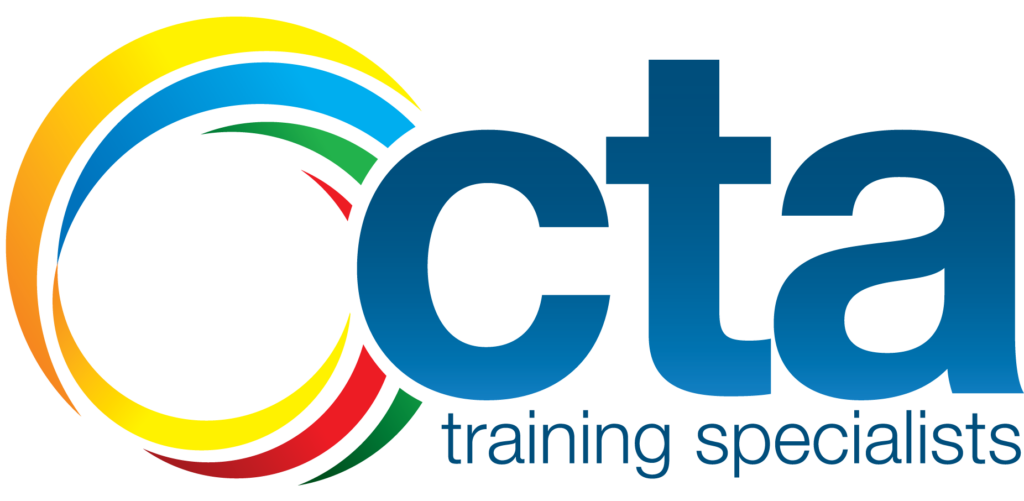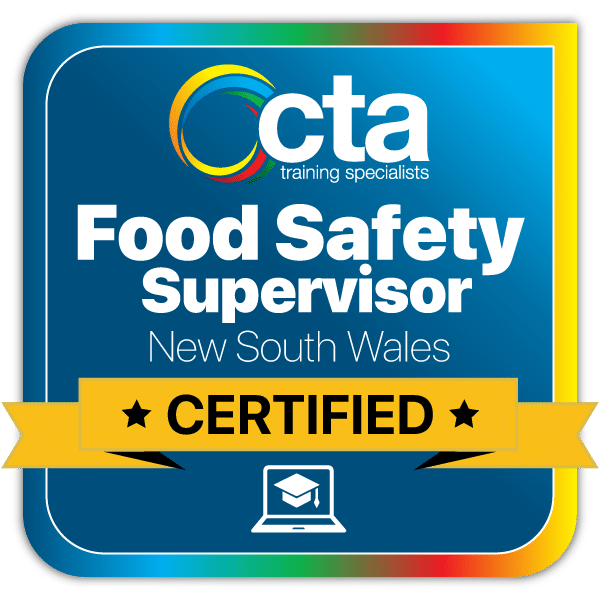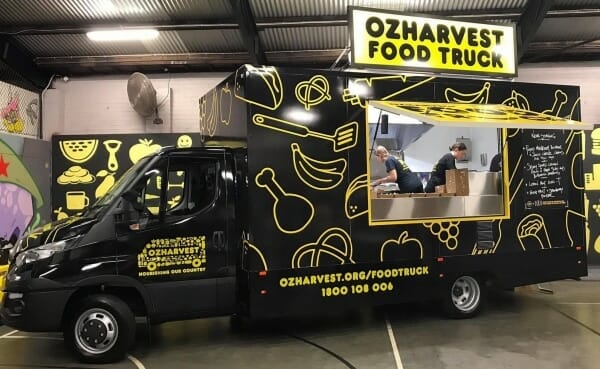What is the Food Safety Supervisor QLD? It is a role for which all food businesses in Queensland are required to hire or assign personnel. The Food Safety Supervisor role […]
Tag Archives: Food Safety Supervisor
Food Safety Supervisor NSW Mobile catering is becoming increasingly popular in today’s food service industry and typically involves selling prepared food from some form of vehicle or other mobile set-ups, […]
Food safety is an everyday concern that, while seemingly pedestrian, is nonetheless a critical aspect of food preparation. Food safety prevents common concerns with food handling and consumption, such as […]
Food – it’s one of life’s simplest pleasures. However, when it comes to prepping and handling food, things are rarely as simple. In New South Wales, in particular, those who […]
A Food Safety Supervisor NSW is aware that food poisoning, also known as foodborne illness, is a critical issue in the country, with its outcomes significantly affecting both food business […]
According to the NSW Food Act of 2003, there are particular food businesses in the retail foodservice and hospitality sector in New South Wales that requires at least one (1) […]


